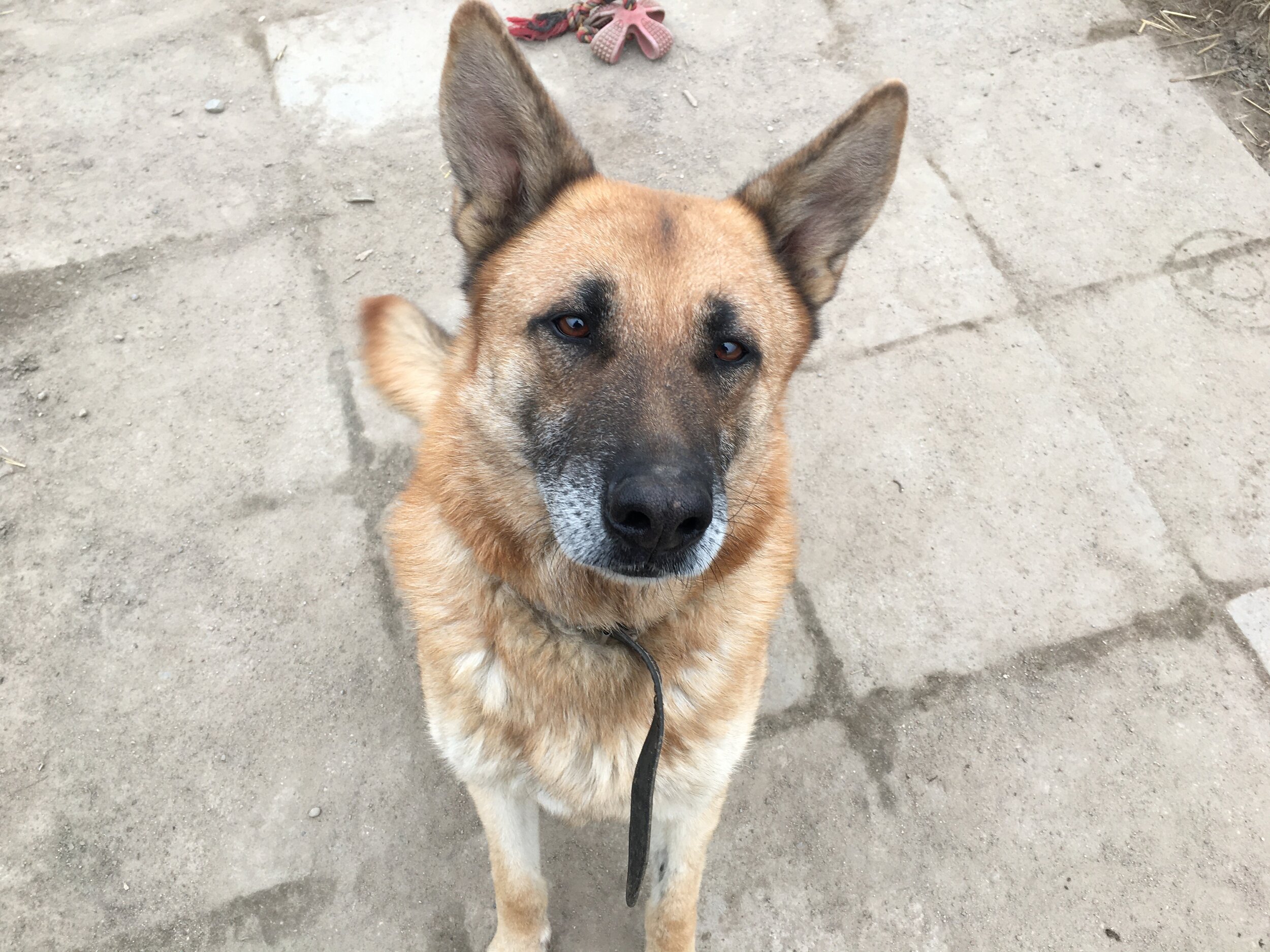Why isn’t my dog coming when I call him?
One of the most common interpretations "he just wants to make me angry" is the least plausible one!
Photo by Raquel García on Unsplash
Dogs don't act out of spite and I would argue that even people don't do it as often as many of us thinks. There is usually a simpler explanation for their behaviour. Thinking that it's about trying to make you angry or (in case of a dog) trying to "show you who is the boss" is not only untrue but it can be also harmful to your relationship.
Many people look for evidence that others are trying to harm them in some form. It's only natural that we look for threats in our immediate environment. It's what kept us safe and alive for centuries. When humans lived in times when they could get attacked by wild animals or killed by other humans on a daily basis, they learned to not trust and take many things as a personal threat. Nowadays, it can still be our default reaction which would make sense in a highly dangerous environment. However, we could start to learn to open up to other possibilities.
Photo by Janek Holoubek on Unsplash
When the dog is not coming to you when you call him, ask yourself more questions before jumping to the conclusion that he acts out of spite. How often did you practice recall and made it into an experience he wants to repeat? It's easy to just demand from the dog that "he should be this way" but then forget that you haven't even explained to him that coming back to you is a good thing to do. Another, equally important thing to consider is to look at what the dog is currently doing. If he is sniffing something, think about it like reading the newspaper or "being on Facebook" (as Chirag Patel says it). He is busy checking the news or his feed. How attentive are you when you immerse yourself in reading something interesting? Dogs don't read written words but they "read" incredible amounts of information from the scent. When we smell something, we usually say if we like it or not and it can bring us to an old memory we had. When a dog sniffs another dog's odour, he detects things like his age, gender, health status and can tell if he is angry or stressed. It's a completely different story from what we can get. Dogs have about 300 million olfactory receptors in their noses and we humans have about 6 million. The part of the brain dedicated to detecting odours in dogs is 40 times bigger than in humans*. Your dog can easily get lost in detecting all the information left for him in the scent.
Image by Pezibear from Pixabay
Next time it happens and you find yourself thinking "how bad your dog is", ask yourself is he not busy "reading his news" and simply didn't hear you? It doesn’t even have to be about sniffing, it can be watching other dogs or people and assessing the threat or getting excited to see them. It can occupy their minds enough that they won’t hear you calling. The second thing to ask yourself is "what did I do to make it more likely for him to come back to me"? Did you change anything in your behaviour before you started to demand the change from him? What can you do to make it more likely that he will behave in the way you want? Don't expect your dog to be everything you planned for him to be without any input from your side. Behaviour change is not always easy and requires effort. Changing how you interpret his "misbehaviour" can be the first great step to long lasting change and deepening loving bond between you.
PS. Here you can read more on how to train recalls using treats here.
Photo by Harrison Kugler on Unsplash














I'm feeling great and I prioritise health. I don't feel better than anyone else! I can enjoy feeling good about myself and hope for everyone else to enjoy themselves too. I believe that happiness is not something you achieve, it's something you DO. I'm choosing habits for happiness and I do them every day. I hope you can join me and start to seek happiness every day.